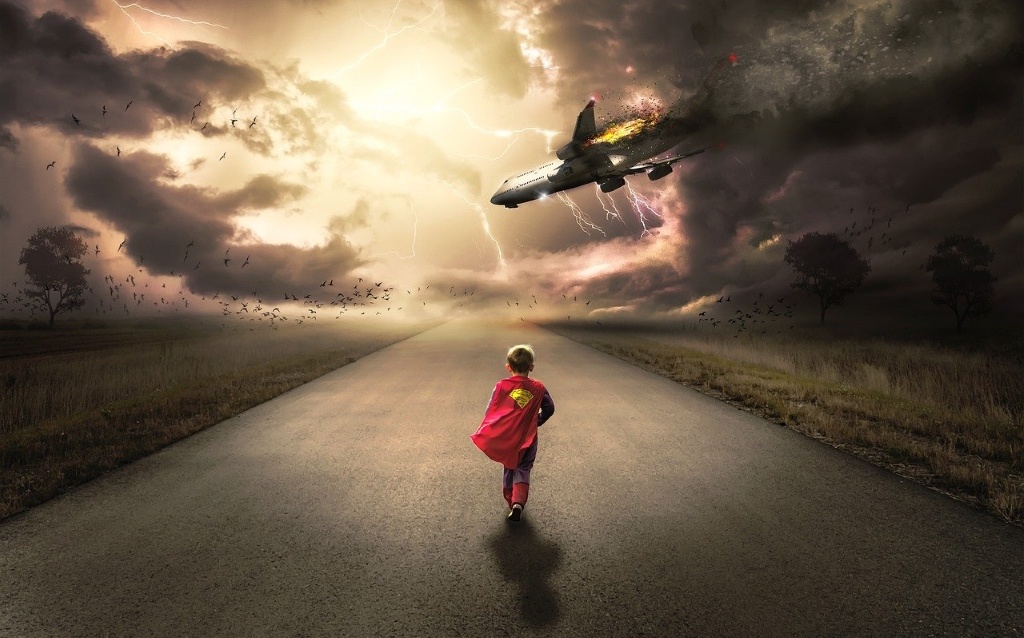How travellers respond to crises and disasters and what tourism can do to minimise cancellations

Gabby Walters is an expert in crisis and disaster recovery marketing. In this “Good Tourism” Insight, Dr Walters shares some of what she knows about traveller concerns during and after a disruptive event and what travel & tourism stakeholders can do to mitigate losses and bounce back.
A primary goal of any tourist destination impacted by a crisis or disaster is to minimise short- and long-term visitor cancellations.
Often tourists will cancel unnecessarily due to a lack of understanding of what actually took place or unfounded concerns that arise due to sensationalised media coverage. For optimal crisis recovery marketing success, tourism operators and destination marketers need to understand the psychology behind a tourist’s decision to travel or not to travel.
Here is what we know:
1. Crises and disasters create uncertainty
Holidays, unlike the purchase of tangible goods, entail a significant amount of planning and expense. There is already a level of uncertainty involved in holiday planning as often we are booking and paying for something that we have no way of experiencing prior to purchase. This is why online travel platforms such as Tripadvisor and Expedia are so popular as such sites provide some form of assurance as to our travel choices.
When a crisis occurs, any kind of certainty regarding travel choices becomes null and void because tourists are uncertain as to the status of the destination, accessibility to the destination, the kinds of experiences that are open and available, and whether or not the community at that destination is ready and willing to host visitors. This is why the dissemination of factual and consistent information about the crisis and its impact on the destination is vital immediately following or even during an event. This can be done via social media channels, online visitor information platforms, and direct communication to pending visitors.
2. Tourist cancellations are not limited to destinations directly impacted
The way the media refers to destinations geographically can cause great confusion. For example, when the 2009 Black Saturday Fires were ablaze in parts of the Australian state of Victoria, in other states this event was referred to by the media as the “Victorian Bushfires” while overseas the event was reported as the “Australian Bushfires”. This means that this crisis became a whole-of-Australia issue when it came to mitigating concerns among international tourists and managing demand.
Our research has told us that tourists who are less familiar with a destination will be more likely to reconsider their travel than repeat visitors or those who have some form of affiliation with the region. People familiar with a destination are more likely to understand where and what was affected by an event, and their loyalty and attachment to the place will make them more forgiving if things are not quite right. Thus repeat visitors should be the priority for sales and marketing efforts.
3. Tourists want to feel safe and welcome
Destinations impacted by crisis are often presented in the media as being in a state of chaos and despair; two things tourists want to avoid in their travels. Safety is a priority for travellers and even more so given the recent pandemic. Tourism operators therefore must convince visitors that their safety and well-being come first. Fair cancellation policies and visible compliance with relevant regulatory measures will reassure travellers of this. It is important to acknowledge that often visitors worry that disaster impacted communities may not be ready or willing to welcome them to the destination. This is where messages that communicate community readiness will really resonate with reluctant tourists.
4. Discounting is not a good idea
A common recovery strategy is to offer discounted experiences, whether that be applied to transport, accommodation, or all-inclusive packages. This approach needs to be treated with caution as often when something is discounted people assume there is something wrong with it. If tourists are already concerned that a destination may not be able to offer a rewarding travel experience, think about the kind of message ‘discounting’ might send. Value-adding, such as three nights for the price of two or breakfast included, is likely to be much more effective as this approach tends to raise less questions as to the status of the destination.
To sum up, every crisis or disaster will influence tourists differently. However, our research has found that regardless of the event, tourists will experience some degree of uncertainty and confusion that must be mitigated by tailored marketing communications should destinations wish to effectively manage tourist demand.
What do you think? Share a short anecdote or comment below. Or write a deeper “GT” Insight. The “Good Tourism” Blog welcomes diversity of opinion and perspective about travel & tourism because travel & tourism is everyone’s business.
Featured image (top of post): Superhero. By AD_Images (CC0) via Pixabay.
About the author

An Associate Professor of Tourism at the University of Queensland, Gabby Walters has a background in tourism marketing with an emphasis on consumer psychology.
Dr Walters has focused much of her research on image and reputation management and tourism market recovery following crises and disastrous events. She has conducted numerous consultancies and projects with tourism destinations all over the world that are seeking to enhance or revitalise their reputations in tourism markets.
Gabby says she is passionate about sharing “meaningful research that provides effective solutions for industries faced with image and reputational damage due to long-standing or one-off crises or disasters”.





